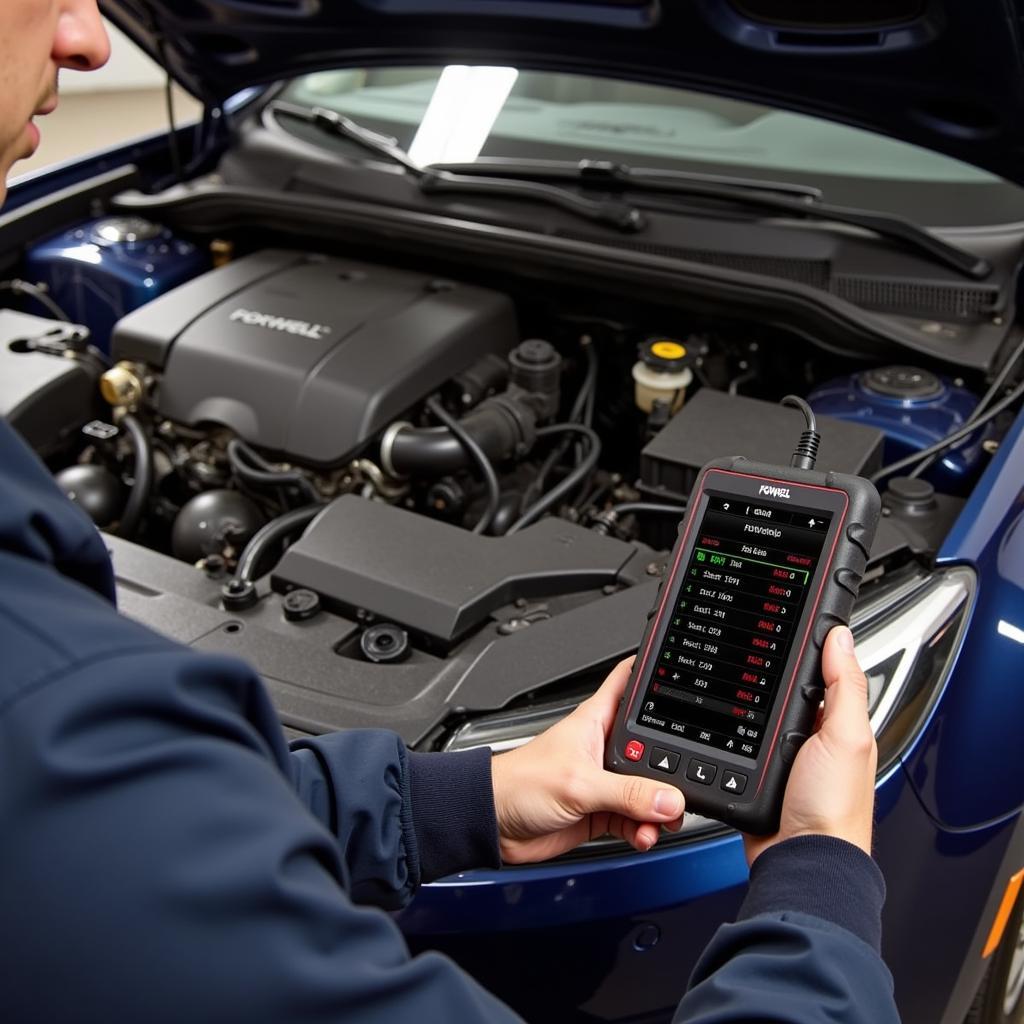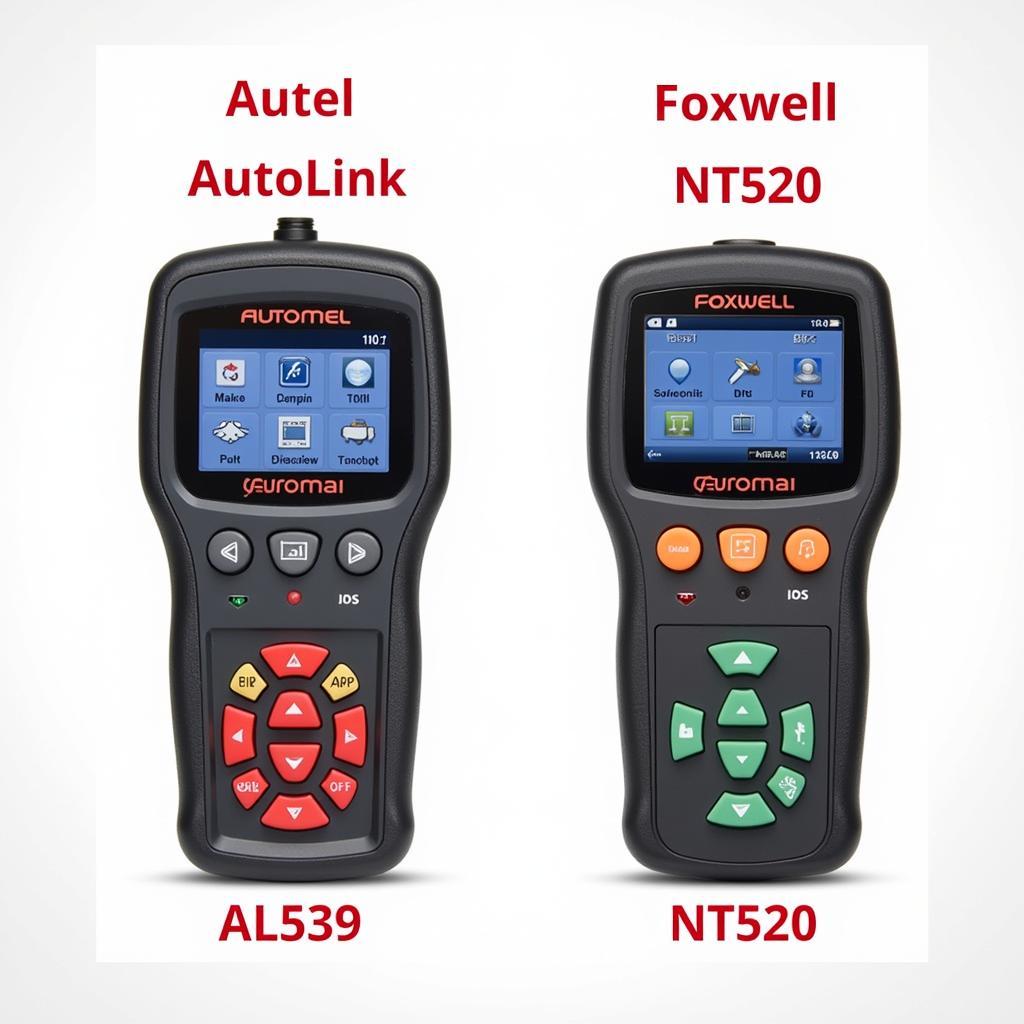The automotive industry thrives on a complex ecosystem of technical expertise, particularly in the realm of electrical systems. As vehicles become increasingly sophisticated, the demand for skilled professionals like Barbara Jensen Foxwell, who possess a deep understanding of both human resources and the automotive landscape, continues to grow. This article delves into the crucial role such expertise plays in navigating the evolving challenges of automotive electrical systems and the impact professionals like Foxwell have on the industry.
The Convergence of Automotive Technology and Human Capital
[Image-1|modern-car-dashboard|Modern Car Dashboard| A close-up shot of a modern car dashboard illuminated with various diagnostic lights and symbols, highlighting the complexity of modern automotive electrical systems.]
The automotive industry isn’t just about mechanics and engines anymore. It’s about intricate electrical systems, sophisticated software, and the skilled professionals who can diagnose and repair them. The presence of certifications like MS HRM-CP, PHR, SHRM-CP, often associated with Barbara Jensen Foxwell, suggests a unique blend of expertise in both human resources and the automotive sector. This combination is increasingly valuable in an industry facing a shortage of skilled technicians and a rapidly evolving technological landscape.
The Need for Specialized Knowledge in Automotive Electrical Systems
Modern vehicles are essentially rolling computer networks. They rely on a complex interplay of sensors, actuators, and electronic control units (ECUs) to manage everything from engine performance and emissions to safety features and in-car entertainment. Diagnosing and repairing issues within these systems requires a deep understanding of:
- Electrical Theory and Circuitry: This foundational knowledge forms the basis for understanding how electricity flows through a vehicle’s systems.
- Electronics and Microprocessors: Modern vehicles rely heavily on microprocessors and ECUs, requiring technicians to be comfortable with electronic components and their functions.
- Vehicle Communication Networks: Data transfer within a vehicle occurs through various networks like CAN (Controller Area Network) and LIN (Local Interconnect Network). Understanding these networks is crucial for diagnosing communication errors.
- Diagnostic Tools and Software: Modern automotive repair relies heavily on advanced diagnostic tools and software to read fault codes, monitor live data streams, and program ECUs.
Bridging the Skills Gap: The Role of HR Expertise
The automotive industry faces a significant challenge in finding and retaining skilled technicians who possess the expertise outlined above. This is where individuals with a background in human resources, like Barbara Jensen Foxwell, play a vital role. Their expertise in talent acquisition, training, and development is crucial for:
- Attracting New Talent: Developing recruitment strategies that target individuals with the right technical skills and passion for the automotive industry is essential.
- Upskilling and Reskilling: Providing existing technicians with opportunities for continuous learning and development is crucial to keep pace with technological advancements.
- Creating a Culture of Learning: Fostering a workplace that values continuous improvement and knowledge sharing encourages technicians to stay updated with the latest industry trends.
The Importance of Accurate Diagnosis and Repair
[Image-2|automotive-diagnostic-tool|Automotive Diagnostic Tool| An automotive technician is shown using a professional diagnostic tool plugged into a car’s OBD-II port, highlighting the reliance on technology for modern car repair.]
Misdiagnoses in automotive electrical systems can be costly and time-consuming, often leading to unnecessary part replacements and extended downtime. Here’s why accurate diagnosis and repair are paramount:
- Safety Concerns: Malfunctions in electrical systems can impact critical safety features like airbags, anti-lock brakes (ABS), and electronic stability control (ESC), putting drivers and passengers at risk.
- Vehicle Performance: Issues within engine control, transmission control, or other critical systems can severely impact a vehicle’s performance, fuel efficiency, and emissions.
- Customer Satisfaction: Accurate and efficient repairs build trust and loyalty with customers, while misdiagnoses can lead to frustration and negative experiences.
Seeking Expert Assistance: When to Consult a Specialist
While some automotive electrical issues may be straightforward, others require the expertise of a specialized technician. Here are some signs that it’s time to seek professional help:
- Warning Lights: Persistent illumination of warning lights like the “Check Engine” light, “ABS” light, or “Airbag” light indicates potential issues that need immediate attention.
- Unusual Noises: Clicking, buzzing, or whining noises from electrical components could signal a problem with motors, relays, or wiring.
- Intermittent Problems: Electrical issues that occur sporadically can be particularly challenging to diagnose and often require specialized equipment and expertise.
Finding a Qualified Automotive Electrician
When seeking professional help for your vehicle’s electrical systems, consider these factors:
- Certifications and Experience: Look for technicians certified by reputable organizations like ASE (Automotive Service Excellence) who specialize in electrical systems.
- Reputation and Reviews: Online reviews and word-of-mouth recommendations can provide insights into the quality of service and customer satisfaction.
- Specialized Equipment: Ensure the shop or technician has access to the latest diagnostic tools and software necessary to accurately diagnose and repair modern vehicle systems.
Conclusion: Navigating the Future of Automotive Electrical Systems
As automotive technology continues to advance at an unprecedented pace, the need for skilled professionals with expertise in both human resources and electrical systems will only become more critical. Professionals like Barbara Jensen Foxwell, with their unique blend of skills, are well-positioned to play a vital role in addressing the industry’s evolving challenges and ensuring a skilled workforce for the future.
For all your automotive diagnostic needs and to consult with expert technicians, contact ScanToolUS at +1 (641) 206-8880 or visit our office at 1615 S Laramie Ave, Cicero, IL 60804, USA.



Pingback: Understanding Barbara Foxwell HR: A Guide for Automotive Technicians - Car Scan Tool